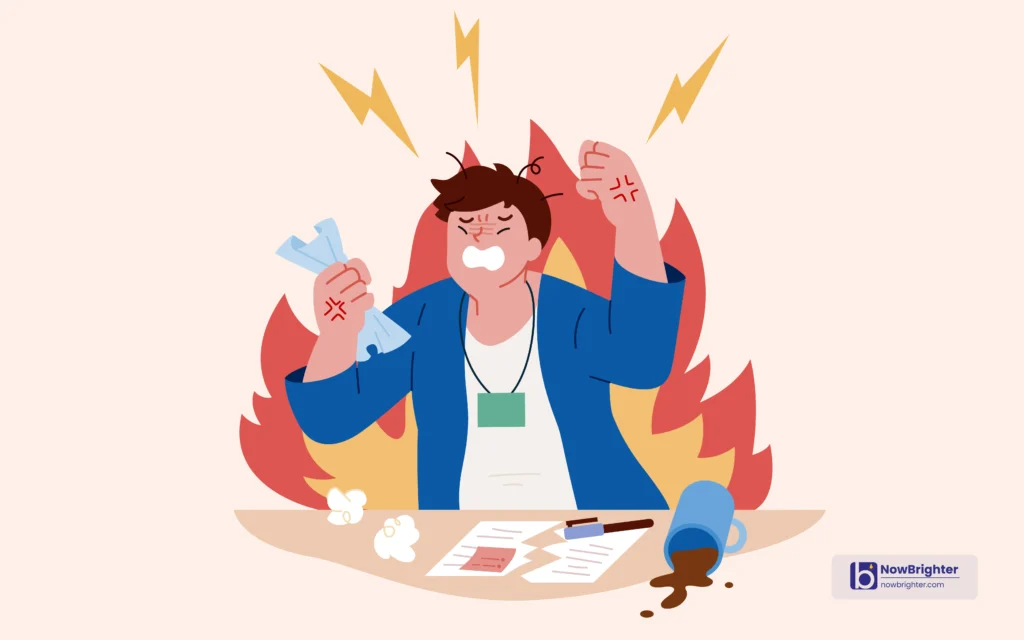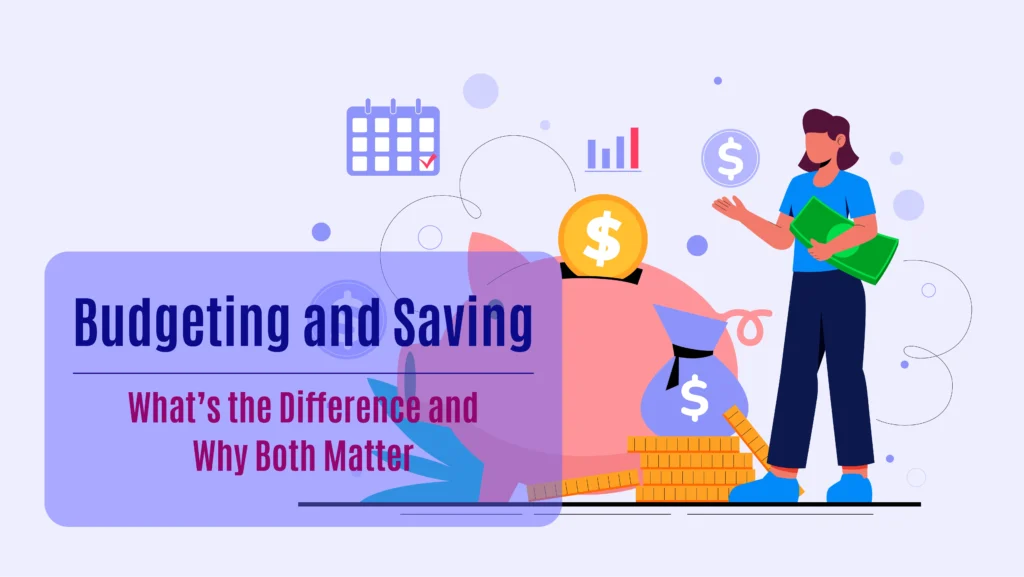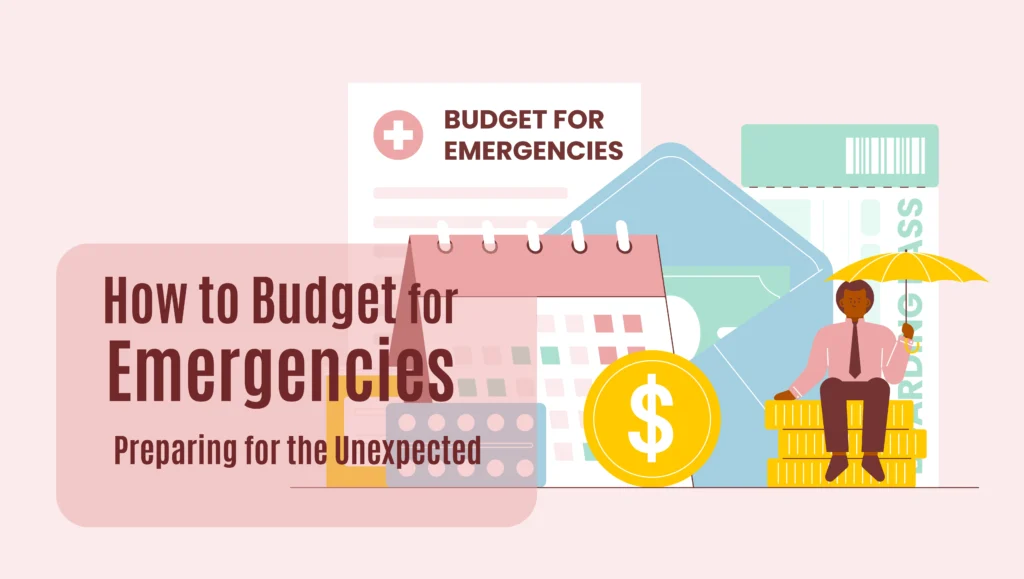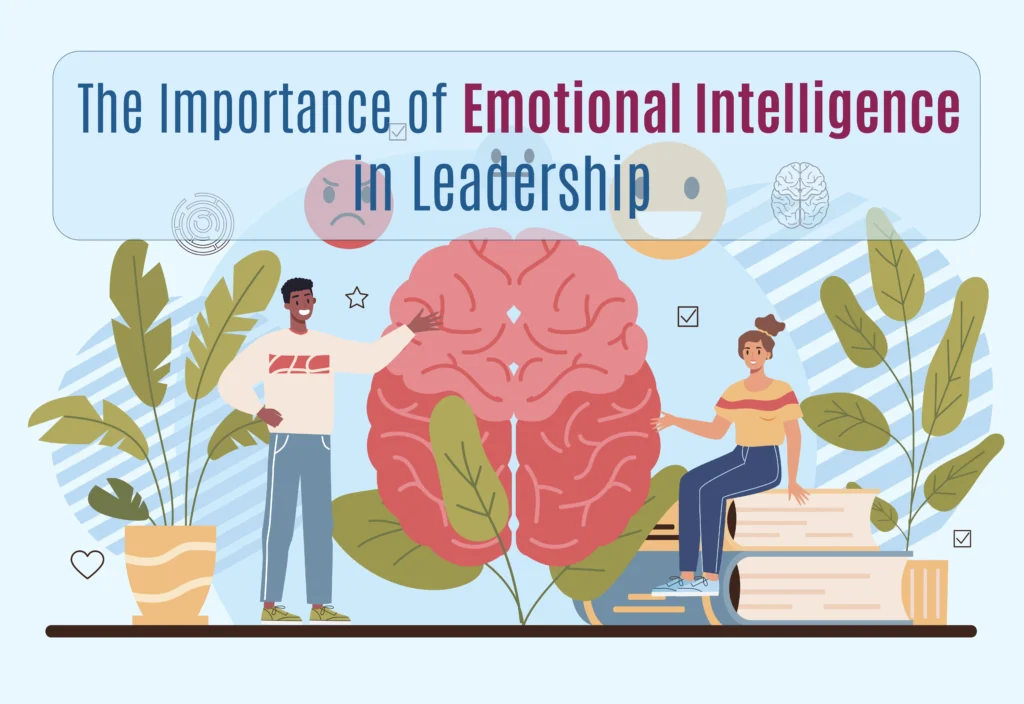What to Expect in Anger Management Classes: A Step-by-Step Guide
Anger is a natural human emotion, but when it spirals out of control, it can harm relationships, careers, and overall well-being. For those who struggle to manage their anger effectively, anger management classes can provide a structured, supportive environment to help regain control. But what exactly happens in these classes, and how do they help?
In this guide, we’ll walk you through the step-by-step process of what to expect in anger management classes. Whether you’re considering enrolling yourself or are simply curious about how these programs work, this guide will offer valuable insights into the techniques used to transform unhealthy anger into positive, productive outcomes.

Understanding Anger Management
Anger management isn’t about suppressing anger or pretending that difficult emotions don’t exist. Instead, it’s about learning how to recognize the signs of anger, understand its triggers, and develop strategies to express it in a healthy and constructive way. Anger management classes provide the tools and guidance to help individuals respond to anger in a way that prevents it from becoming destructive.
The goal of anger management isn’t to eliminate anger entirely but to teach individuals how to handle it appropriately. These classes help participants develop emotional awareness, self-control, and better communication skills—all crucial for maintaining healthy relationships and a balanced life.
Why People Attend Anger Management Classes
Recognizing the Signs of Unhealthy Anger
Many people are referred to anger management classes because their anger has led to negative consequences, either in their personal or professional life. This might include frequent arguments with loved ones, outbursts at work, or even legal issues related to aggressive behavior. Often, people seek help when their anger becomes so intense that it negatively impacts their relationships, job performance, or emotional health.
Unhealthy anger can manifest in different ways:
- Physical outbursts, such as shouting or hitting
- Verbal aggression, like yelling or using hurtful language
- Passive-aggressive behavior, such as giving the silent treatment
- Internalized anger, where someone feels constant irritability or resentment
Recognizing that anger is impacting your quality of life is the first step in understanding why professional help might be necessary.
The Benefits of Seeking Professional Help
Attending anger management classes can be life-changing. These sessions provide a safe and supportive space to explore the root causes of anger and learn strategies for managing it effectively. Participants are encouraged to reflect on their behavior and understand the triggers that lead to outbursts.
Some of the key benefits include:
- Improved emotional regulation: Anger management classes teach participants how to better control their emotions, allowing them to respond thoughtfully instead of reacting impulsively.
- Stronger relationships: Learning how to express anger in a healthy way can reduce conflict and strengthen personal and professional relationships.
- Reduced stress: With better anger management comes less emotional turmoil, which can lead to a more peaceful and stress-free life.
- Increased self-awareness: Through these classes, participants develop greater insight into their own emotional responses and how they affect those around them.
Overview of What Happens in Anger Management Classes
Initial Assessment and Personal Goals
When you first enroll in an anger management class, you’ll typically go through an initial assessment with a counselor or therapist. This is an important step, as it helps to tailor the program to your specific needs. During the assessment, you may be asked about your experiences with anger, your triggers, and any situations where anger has negatively impacted your life.
Based on the assessment, the counselor will help you establish personal goals for the course. For some, the goal might be to reduce the frequency of angry outbursts, while for others, it might be learning how to manage stress more effectively. Setting these goals provides a clear framework for what you hope to achieve during the program.
Structured Group Sessions
Anger management classes are often conducted in a group setting, which offers participants the chance to learn from others who are experiencing similar challenges. Group sessions provide a safe, non-judgmental space where individuals can share their experiences, offer support, and learn new coping strategies together.
During group sessions, participants:
- Discuss their anger triggers and share personal stories
- Receive feedback from peers and facilitators
- Learn practical techniques for managing anger
- Participate in exercises designed to improve emotional regulation and communication
Group settings also help reduce feelings of isolation, as participants realize they are not alone in their struggle. Learning from the experiences of others can be a powerful motivator for change.
Core Components of Anger Management Classes
Cognitive-Behavioral Techniques (CBT)
A central approach used in anger management classes is Cognitive-Behavioral Therapy (CBT). CBT is a type of psychotherapy that focuses on identifying and changing negative thought patterns that lead to unwanted emotions or behaviors. In the context of anger management, CBT helps individuals recognize the thoughts that trigger their anger and teaches them to reframe these thoughts in a healthier way.
For example, if you tend to react angrily when you feel disrespected, CBT can help you challenge the belief that disrespect always warrants an angry response. Instead, you might learn to view the situation more objectively and choose a calmer way to respond.
CBT is highly effective because it addresses the underlying thought patterns that fuel anger, making it easier to control emotional responses.
Identifying Triggers and Warning Signs
One of the first steps in managing anger is learning to identify your personal triggers. A trigger is any situation, event, or person that provokes a strong emotional response. In anger management classes, participants work on recognizing these triggers so they can anticipate and manage their reactions before they escalate.
Common anger triggers might include:
- Feeling misunderstood or disrespected
- Experiencing injustice or unfair treatment
- Stressful situations at work or home
- Relationship conflicts
In addition to identifying triggers, participants learn to recognize the warning signs of anger, such as increased heart rate, clenched fists, or a feeling of agitation. By noticing these early signs, individuals can take steps to calm themselves before the anger takes over.
Learning Healthy Coping Strategies
Once you’ve identified your triggers and warning signs, the next step is to learn healthy coping strategies. These strategies are designed to help you manage your anger in a way that prevents escalation and allows you to respond more calmly.
Some of the coping strategies taught in anger management classes include:
- Relaxation techniques: Deep breathing, progressive muscle relaxation, or visualization can help calm the body and mind when anger starts to build.
- Timeouts: Taking a break from a heated situation allows you to cool down before responding. This can be as simple as stepping away for a few minutes to gather your thoughts.
- Physical activity: Engaging in physical exercise, such as walking or running, can help release pent-up energy and reduce anger.
- Cognitive restructuring: Changing negative thought patterns, such as “This always happens to me” or “They’re doing this on purpose,” helps individuals view situations more rationally.
These coping strategies not only help manage immediate anger but also build long-term resilience against future stressors.
Developing Communication and Conflict Resolution Skills
Assertive Communication Techniques
Many people who struggle with anger also have difficulty expressing their needs in a healthy, constructive way. In anger management classes, participants learn assertive communication techniques that allow them to express their feelings without resorting to aggression or shutting down.
Assertiveness involves clearly and respectfully communicating your thoughts and emotions while also being mindful of the other person’s feelings. This is in contrast to aggressive communication, which can lead to conflict, or passive communication, which often leads to bottled-up emotions.
For example, instead of yelling at a coworker who didn’t meet a deadline, assertive communication might involve calmly expressing your frustration while also seeking a solution: “I’m upset that the deadline wasn’t met, and I’d like to discuss how we can ensure it doesn’t happen again.”
Conflict Resolution and Problem-Solving
Anger often arises in situations where conflict is present. In anger management classes, participants are taught conflict resolution and problem-solving skills to help them navigate disagreements without escalating into anger. These skills involve listening actively, understanding the other person’s perspective, and finding mutually agreeable solutions.
Problem-solving techniques help participants approach conflicts with a solution-focused mindset. Instead of viewing every disagreement as a battle, they learn to see it as an opportunity to collaborate and resolve issues in a way that benefits both parties.
Homework and Practice Outside of Class
Applying New Skills in Daily Life
While the techniques learned in class are valuable, the real progress happens when participants apply these skills in their daily lives. Anger management classes often assign homework or encourage participants to practice the strategies they’ve learned outside of the classroom.
For example, participants might be asked to use relaxation techniques the next time they feel angry at work or to apply assertive communication during a conflict with a family member. The more these techniques are practiced, the more automatic and effective they become in real-life situations.
Keeping a Personal Anger Journal
Many anger management programs encourage participants to keep an anger journal as part of their homework. This journal serves as a tool for tracking emotions, triggers, and responses to anger. By writing down the details of each incident—what triggered the anger, how you reacted, and what coping strategies were used—you can identify patterns and areas for improvement.
Journaling helps participants reflect on their progress, celebrate successes, and understand areas where they may still need to develop better control. Over time, the journal can also serve as a valuable resource for tracking growth and long-term change.
≫ Related Post: How to Avoid Multitasking and Stay Focused on One Task
What to Expect After Completing Anger Management Classes
Long-Term Benefits of Anger Control
The benefits of anger management don’t stop when the classes end. Many participants report long-term improvements in their relationships, emotional health, and overall quality of life. By gaining control over their anger, individuals experience fewer conflicts, better communication, and a deeper sense of calm.
Other long-term benefits include:
- Improved emotional intelligence and self-awareness
- Enhanced ability to handle stress and frustration
- A more positive outlook on life and relationships
With these tools, individuals are better equipped to handle challenges without resorting to unhealthy expressions of anger.
Continuing Practice and Ongoing Support
While anger management classes provide a strong foundation, it’s important to continue practicing the techniques learned to maintain progress. Many individuals benefit from ongoing therapy, support groups, or self-help resources to keep their anger in check.
Some anger management programs offer follow-up sessions or alumni groups where participants can continue to share their experiences and support one another in maintaining their progress.
Conclusion: The Road to Managing Anger Effectively
Anger management classes offer valuable tools and strategies to help individuals gain control over their emotions and respond to anger in healthier, more constructive ways. From understanding triggers to learning assertive communication and practicing relaxation techniques, these classes provide a comprehensive approach to managing anger.
If you or someone you know struggles with anger, consider enrolling in an anger management program. With dedication and practice, you can transform your relationship with anger, improving your emotional well-being and your relationships with others.
















